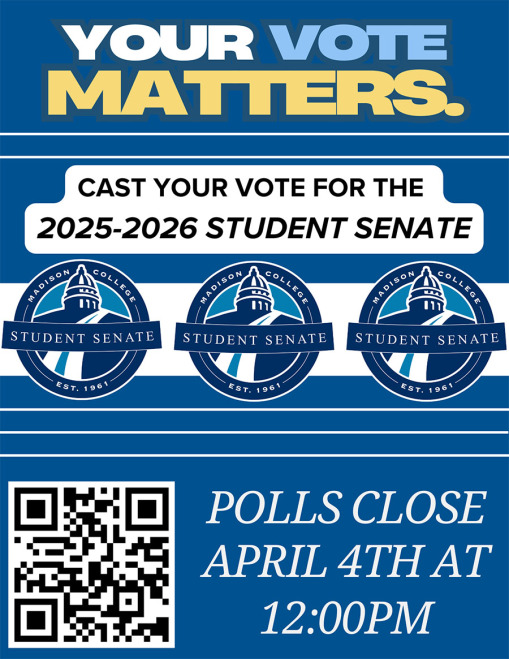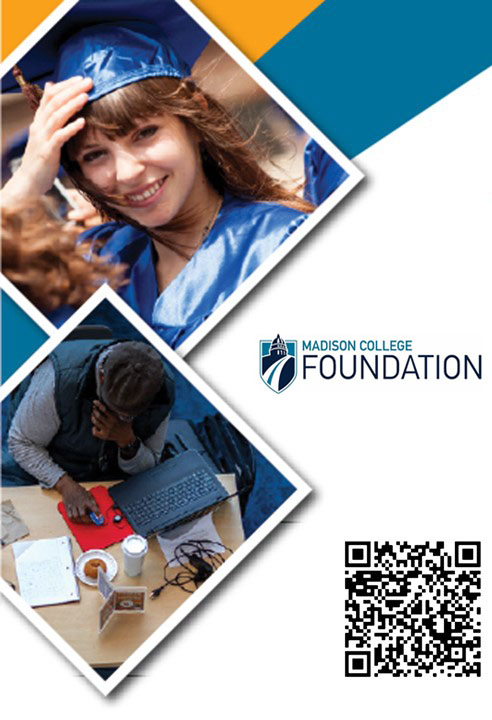Oscars gig is no prize
Everyone wins if the Academy keeps the no-host formula
March 5, 2019
In the weeks leading up to the 91st Academy Awards, all signs pointed to disaster. It seemed every week the Academy of Motion Picture Arts and Sciences found a way to anger a new section of their fans.
They irritated the audiences of superhero and other action movies by proposing sidelining them into a conciliatory “Popular Film” category, then promptly walked back that idea after seeing the backlash.
As if that wasn’t enough, the Academy found plenty of other people to slight in an arbitrary quest for a three-hour show. In an effort to save broadcast time, they floated the idea of forgoing performances of three out of five nominated original songs, and still more condescending, they considered handing out four of the smaller awards during the commercial breaks. You know, the insignificant things like cinematography, and editing. Who needs those in a film awards show?
As Sunday, Feb. 24, rolled around, seemingly everyone had a reason to hate the Oscars.
As nearly 30 million people tuned in to watch it go off the rails, this mess of an awards show still hadn’t even found a host. Yet, against all odds, it went fine. In fact, it drew in 5 million more viewers than last year’s awards, reversing years of declining ratings.
Complain all you want about the out of touch voters, but it was undeniable that the show itself was better paced than it has been in years.
The broadcast was lively, as it zipped between awards and performances. In the three-ish hours that the show lasted, not once did it feel the absence of Jimmy Kimmel, or Kevin Hart. It may never be known what it takes for the Academy to give Glenn Close “Best Actress,” but it’s abundantly clear that they never need to pick a host again.
The Oscars have outgrown having a single host, and they’re now better without one.
The host, too, used to derive a lot more benefit from the gig. In the era of three-channel television, hosting the Oscars could be a major career boost. Now, however, there are way too many celebrities. Between social media, streaming services like Netflix and Amazon Video, and literally thousands of cable TV channels, the exposure someone can get from a few minutes at the Oscars isn’t such a big deal anymore.
The glamor is diminishing, and it can actually be dangerous for people’s careers. It says something when the most impactful headlines surrounding a host are their old tweets some blogger dug up before the show.
Consider the duties of an awards show host: When you boil their job down to its essence, they’re supposed to make a show feel faster. As the crew works furiously to change up the set and get people in place for the next segment, the host stands out front and distracts the audience.
If they do their job well, the transition time between awards or performances passes without much notice, but that’s the best case scenario.
Google “Worst Oscar Hosts” and you’ll find video evidence of how a subpar host can drag a whole show down, slowing the pace, or injecting the telecast with cringeworthy moments that wouldn’t have been there if there simply was no host at all.
As all the attempts to cut airtime demonstrated, the telecast is the most important aspect of the Oscars to the Academy. For the millions watching at home, commercial breaks provide the host’s main benefit, distracting from the scene changes happening in the Dolby Theater. With that responsibility taken care of, all a host can “add” to the show is extra runtime.
Every skit, every monologue, and every Matt Damon cameo only adds to a grueling 3+ hour runtime, and in turn can make the show feel overstuffed.
As the post-Hart host search proved, no one is really jumping at the chance to MC, so the Academy should embrace it.
This is one opportunity to shorten the show that won’t be so controversial. If done with confidence, it might even be welcomed. Hosting isn’t the golden opportunity it used to be.
The Academy should award us all some extra time, and ditch the host permanently.






























